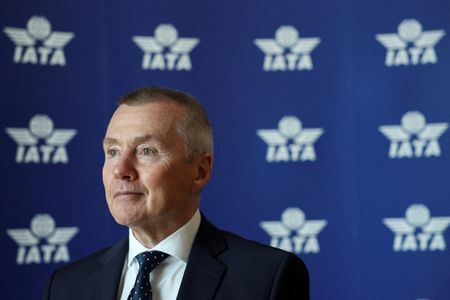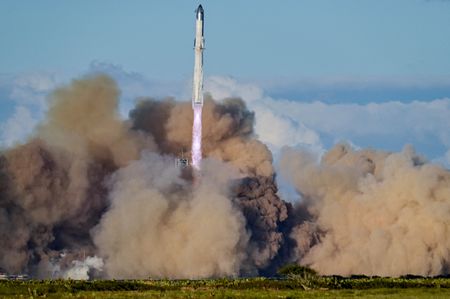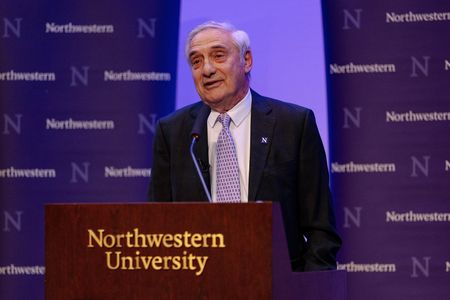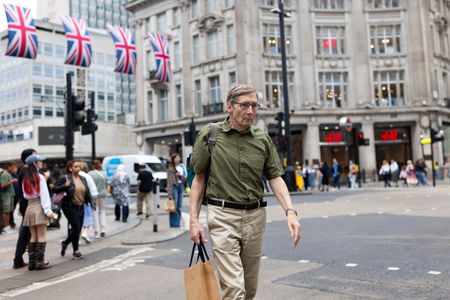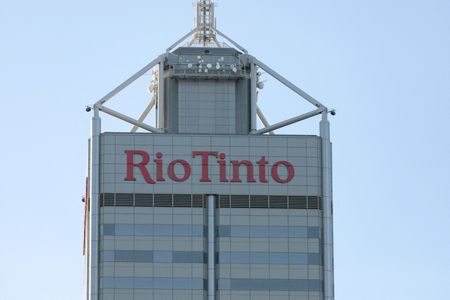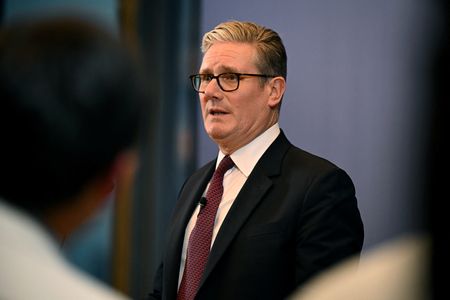By Joanna Plucinska and Tim Hepher
LONDON/PARIS (Reuters) -Fuel suppliers are using European Union green jet fuel mandates to inflate costs for airlines through surcharges, nearly doubling prices compared with market rates, the head of airlines body IATA said in an interview, calling for policy reform.
The EU began requiring airlines to use more sustainable aviation fuel (SAF) this year, with a 2% minimum blending mandate set to rise to 6% by 2030.
While fuel suppliers are responsible for providing fuel with the progressively stronger blends of SAF at airports, airlines are obliged to purchase the available fuel for their operations.
Willie Walsh, director general of the International Air Transport Association, told Reuters that oil suppliers selling SAF were able to “extract additional profit from airlines by charging these compliance surcharges,” adding that this should prompt European regulators to eliminate the mandates.
“They have, in effect, facilitated price gouging by fuel suppliers in the name of the environment, and that’s completely unacceptable,” Walsh said.
Walsh did not specify which airlines had been impacted or which fuel suppliers were involved in price hikes.
Sustainable aviation fuel costs on average three to five times more than regular jet fuel.
Industry association FuelsEurope said there had been a “significant and consistent decline of average SAF prices,” citing third-party pricing data from Argus Media.
Energy companies have said they are not seeing enough demand for SAF to justify ramping up production, which some executives say is weighing on prices rather than driving them up. Several have scaled back SAF refinery projects in recent years.
Walsh was speaking in an interview on a separate report by IATA setting out $11 billion in extra costs in 2025 caused by congestion in other parts of the airline supply chain.
(Reporting by Joanna Plucinska in London and Tim Hepher in Paris, Editing by Louise Heavens and Matthew Lewis)

